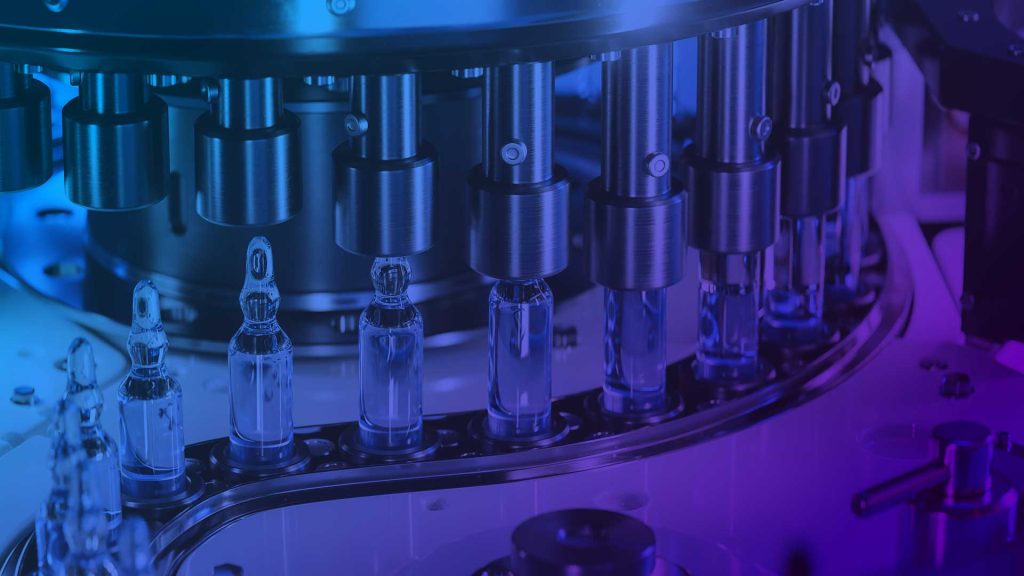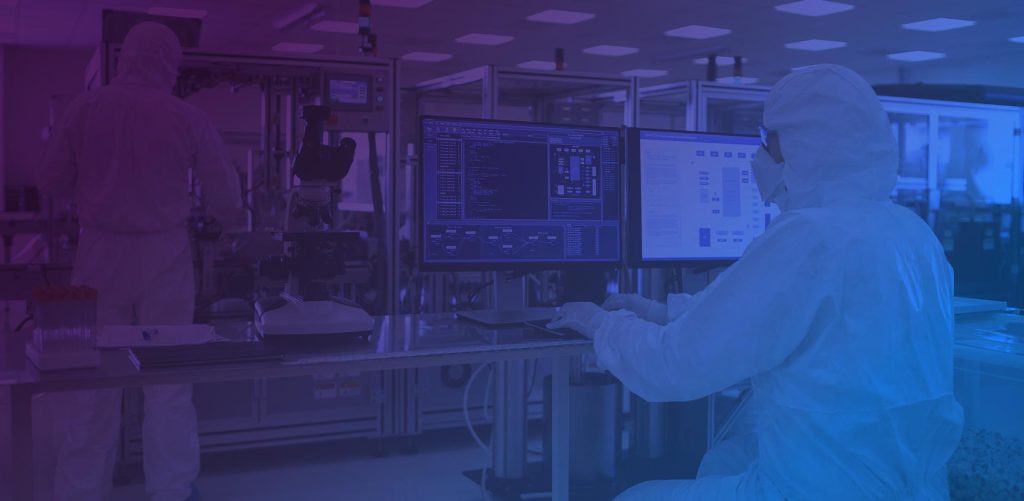The pharmaceutical industry is responsible for the development, production, and distribution of medicines and other healthcare products. In order to ensure the safety and efficacy of these products, pharmaceutical companies must comply with strict regulations, including cGMP (Good Manufacturing Practices).
cGMP is a set of regulations that outline the requirements for the manufacturing of pharmaceutical products. These regulations cover everything from the design and construction of manufacturing facilities to the procedures used to produce, test, and package products.
Compliance with cGMP is essential to ensuring the quality of pharmaceutical products. By following these regulations, pharmaceutical companies can help to prevent contamination, errors, and other problems that could harm patients.
Types of Pharma Solutions for Manufacturing Pharmaceutical Products
There are a variety of pharma solutions available to help pharmaceutical companies comply with cGMP. These solutions can be divided into two main categories:
-
- Consulting services: These services provide expert advice on cGMP compliance. Consultants can help companies assess their current compliance status, develop and implement corrective action plans, and train employees on cGMP requirements.
-
- Software solutions: These solutions can automate many of the tasks involved in cGMP compliance, such as documentation management, risk assessment, and quality control.
The Obligation to Work Under cGMP
The obligation to work under cGMP applies to all pharmaceutical companies, regardless of their size or location. This obligation is enforced by regulatory agencies such as the FDA (Food and Drug Administration) in the United States and the EMA (European Medicines Agency) in Europe.
Companies that violate cGMP regulations can face serious consequences, such as product recalls, fines, and even criminal prosecution.
Common Regulations in Pharmaceutical Manufacturing
In addition to cGMP, there are a number of other common regulations that pharmaceutical companies must comply with. These regulations vary depending on the country or region where the products are manufactured and marketed.
Some of the most common regulations include:
-
- International Organization for Standardization (ISO) 9001: This standard specifies the requirements for a quality management system. ISO 9001 can be used by pharmaceutical companies to improve their quality control and ensure that they meet the expectations of their customers.
-
- European Medicines Agency (EMA) guidelines: The EMA is the European Union’s regulatory agency for medicines and medical devices. The EMA guidelines provide detailed requirements for the manufacturing of pharmaceutical products in Europe.
-
- Food and Drug Administration (FDA) regulations: The FDA is the United States’ regulatory agency for food, drugs, and medical devices. The FDA regulations set forth the requirements for the manufacturing of pharmaceutical products in the United States.
-
- Good Distribution Practices (GDP): GDP is a set of regulations that outline the requirements for the distribution of pharmaceutical products. GDP helps to ensure that pharmaceutical products are stored, transported, and handled in a way that maintains their quality and safety.
-
- Good Clinical Practices (GCP): GCP is a set of regulations that outline the requirements for the conduct of clinical trials. GCP helps to ensure that clinical trials are conducted in a way that protects the safety and rights of participants.
These are just a few of the many regulations that pharmaceutical companies must comply with. By understanding these regulations and taking steps to comply with them, pharmaceutical companies can help to ensure the safety and efficacy of their products.
In addition to the regulations mentioned above, pharmaceutical companies may also need to comply with specific regulations that apply to the type of products they manufacture. For example, biological products, such as vaccines and blood products, are subject to additional regulations that are designed to ensure their safety and purity.
The complexity of pharmaceutical regulations can make it difficult for companies to stay compliant. However, there are a number of resources available to help companies understand and comply with the regulations that apply to them. These resources include consultants, software solutions, and training programs.
By taking steps to comply with pharmaceutical regulations, companies can help to protect the health and safety of patients and ensure the quality of their products.
Schlussfolgerung
Pharma solutions can play a vital role in helping pharmaceutical companies comply with cGMP. By using these solutions, companies can improve their quality control, reduce their risk of contamination, and protect patients.
Verwandte Artikel

Software für elektronische Chargenprotokolle (EBR)
Software für elektronische Chargenprotokolle (EBR): Eine digitale Lösung für eine optimierte Chargenverwaltung Die Software für elektronische Chargenprotokolle (EBR) ersetzt die traditionellen papierbasierten Chargenprotokolle und bietet eine digitale Anleitung

Labor-Informations-Management-System (LIMS-System)
Laborinformationsmanagementsystem (LIMS) LIMS automatisiert Laborabläufe und verbessert die Effizienz der Arbeitsabläufe. Buchen Sie eine Präsentation ANT Solutions LIMS ANT Solutions bietet Ihnen das umfassendste

Wahrung der Datenintegrität bei cGMP-Compliance
Die Datenintegrität ist der Dreh- und Angelpunkt der pharmazeutischen Produktion im Rahmen der Current Good Manufacturing Practices (cGMP). Sie gewährleistet, dass die während des gesamten Herstellungsprozesses erzeugten Daten korrekt sind,

